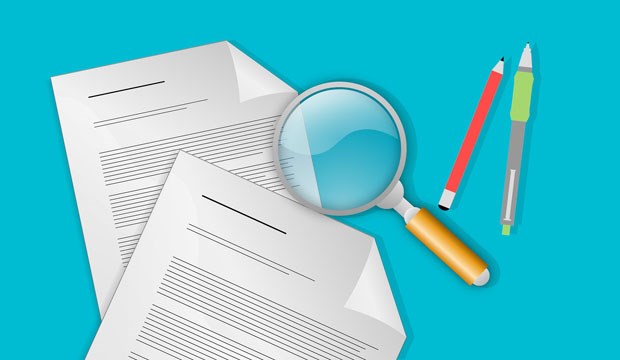It’s the type of response only a government could provide.
I was intrigued by the report issued last week by Isobel Mackenize, B.C.’s seniors advocate, particularly the part where she highlighted the growing number of seniors who are deferring their property taxes, a number that has jumped more than 50 per cent in the last four years.
The tax deferment program added 5,000 new users, give or take, each year between 2013/14 and 2015/16, but that number spiked to almost 25,000 new users in the last two years. Add it all up and you’ve now got more than 57,000 homeowners deferring in excess of $200 million in property taxes throughout B.C.
You would think this should be a sign to governments at all levels that taxpayers, particularly those of the senior variety, are simply overburdened and can’t take any more. The fact Delta has seen an almost 50 per cent rise in tax deferments in the last two years would suggest tax hikes well beyond the rate of inflation are taking their toll, especially on those living on fixed incomes.
The average homeowner enrolled in the program in B.C. defers about $4,000 in property taxes annually and has accumulated an almost $20,000 bill, which is typically cleared off when they sell their home. Thanks to an interest rate of just .7 per cent, deferring that $4,000 tax bill costs less than $28 for the year, so even though you might be in a less than advantageous financial position, at least you’re not being gouged.
Well, at least you weren’t.
As the number of homeowners using the deferment program has skyrocketed, you’d think there would be concern from government that taxation levels are proving too much to handle for more and more people. And the response to that would be some effort to reduce the tax burden.
So how did Victoria respond? It increased the interest rate twice in the last nine months, so it now sits at 1.45 per cent, double what it was a year ago. That’s still a better rate than you’ll find elsewhere, but a curious response nonetheless.
Rather than taking a hard look at the taxation structure and figuring out what can be done about it, the powers that be came to the conclusion that the real problem was that too many people are borrowing too much money at too low a rate.



